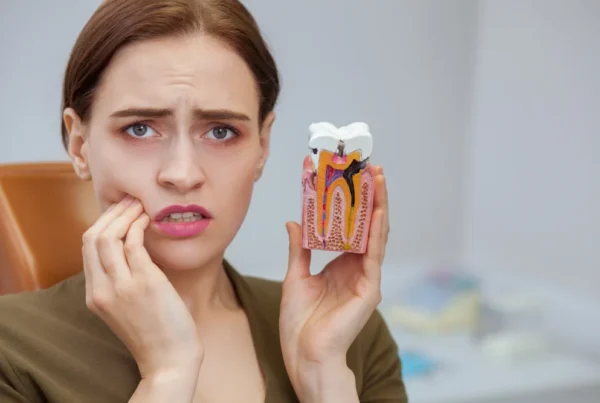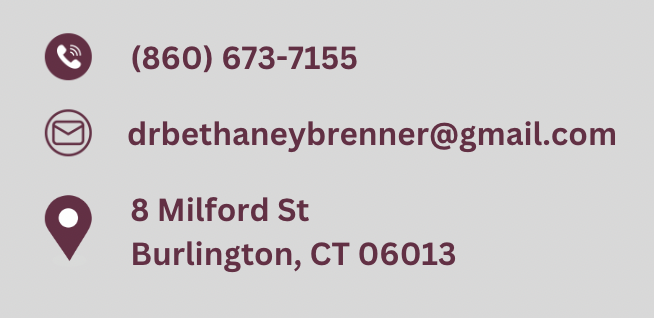Knowing when to seek urgent or emergency dental care can help you respond quickly and avoid worsening your condition. Being able to recognize the severity of symptoms makes a real difference in protecting your oral health.
Urgent dental care involves issues that are uncomfortable or disruptive but do not pose an immediate threat to your overall health. These include a lost filling, a chipped tooth with no severe pain, or a moderate toothache. While these situations are not emergencies, they should still be evaluated within 24 hours to prevent complications.
Emergency dental care, on the other hand, is needed when the issue could lead to serious health consequences. This includes uncontrollable bleeding, facial trauma, or swelling that affects breathing or swallowing. These conditions require immediate intervention, often in a hospital setting or by an emergency dental provider.
By understanding the difference between urgent and emergency care, patients can take the right steps at the right time. This knowledge leads to faster relief, better outcomes, and less stress when a dental issue arises.
Defining Urgent Dental Care
Urgent dental care covers situations that are painful or potentially harmful if ignored, but not immediately life-threatening. Recognizing these signs early can help prevent a more serious emergency later.
- Persistent toothaches that interfere with eating or sleeping may be due to decay or infection and should be treated quickly.
- Chipped or cracked teeth that cause discomfort or expose sensitive areas need repair to prevent worsening damage.
- Swollen gums, a bad taste in the mouth, or signs of a possible abscess are all early warning signs of infection that should be addressed promptly.
These conditions benefit from professional care within 24 hours. Taking timely action not only reduces pain but also preserves tooth structure and stops problems from escalating. Addressing urgent issues early keeps your treatment simpler and your recovery faster.
Recognizing Dental Emergencies
Some dental situations go beyond discomfort and require immediate care. These emergencies carry serious risks and should never be delayed.
Heavy bleeding that does not stop, even with pressure, could signal damage that requires urgent medical attention. Whether it follows an injury or procedure, uncontrolled bleeding must be evaluated to avoid complications like shock or infection.
Severe pain that is not relieved by medication may indicate a serious problem such as nerve damage or an abscess. This type of pain often gets worse over time and may point to a condition that is spreading rapidly and could impact your overall health.
Facial trauma that affects the jaw, teeth, or soft tissue is also an emergency. Injuries that make it difficult to speak, eat, or open the mouth need immediate evaluation to prevent permanent damage. Taking action right away improves the likelihood of saving a tooth or stabilizing the injury.
Choosing the Right Care Provider
Knowing where to turn when you have a dental problem is just as important as knowing what type of care you need. Choosing the right provider ensures fast, effective treatment tailored to your situation.
- If your condition is life-threatening, such as difficulty breathing or severe bleeding, head to the emergency room or contact an emergency dentist immediately. These providers are equipped to manage critical dental trauma and infection.
- For non-life-threatening issues like a cracked tooth or a minor infection, visiting your regular dentist or an urgent care dental clinic within 24 hours is often appropriate. These providers can relieve pain, stop the issue from worsening, and plan any needed follow-up.
Selecting the right level of care saves time and gets you the help you need without delay. Being prepared with contact information for both emergency and urgent dental services can give you peace of mind during stressful moments.

Immediate Responses and Solutions
When a dental issue strikes, responding quickly with the right steps can stabilize the situation and improve the outcome. While professional care is always the goal, your first actions matter just as much.
Start by managing pain or bleeding at home. Take over-the-counter pain medication as directed and apply a cold compress to reduce swelling. If bleeding occurs, use a clean cloth and apply steady pressure for several minutes to help control it.
Next, call your dentist or an emergency provider to describe the situation. Be prepared to explain what happened, when the symptoms began, and how severe the discomfort is. This helps your dental team assess the urgency and give you the next steps.
Timely communication and care prevent the issue from escalating. Responding swiftly gives your dentist the best chance to treat you effectively and helps you recover faster and with fewer complications.
Deciding When to Escalate Care
Sometimes, a dental issue starts small but gets worse. Knowing when it is time to seek professional help can protect your health and avoid long-term consequences.
If pain becomes unmanageable despite medication, or if it interferes with sleeping, eating, or speaking, it is time to call a dentist. This level of discomfort may mean an infection or nerve involvement that needs urgent treatment.
Continued or heavy bleeding after a dental procedure or injury should never be ignored. If bleeding lasts more than a few minutes or keeps returning, it is best to contact your dentist or visit an urgent care facility.
Swelling that spreads to the face or neck, especially if accompanied by fever, can signal a serious infection. These symptoms should always be evaluated quickly. Treating infections early keeps them from becoming dangerous to your overall health.
Conclusion
At Bethaney B. Brenner DMD LLC, we understand how confusing and stressful dental issues can be. That is why Dr. Brenner and her compassionate team are here to guide you through urgent and emergency situations with clarity, care, and confidence.
If you are experiencing pain, injury, or discomfort, we will help determine whether your situation needs immediate treatment or a prompt follow-up. No matter the level of urgency, you can count on us to prioritize your comfort and provide the support you need to heal.
Let us be your partner in oral health, whether you are dealing with a minor concern or a serious issue. Contact Bethaney B. Brenner DMD LLC today. We are here to help you protect your smile and your peace of mind.
Book Your Consultation Today!
Dr. Bethaney B. Brenner DMD
8 Milford St, Burlington, CT 06013
Frequently Asked Questions
What is considered an urgent dental issue?
An urgent dental issue causes significant discomfort but is not life-threatening. Examples include cracked teeth, severe toothaches, or lost fillings. These issues should be treated within 24 hours to prevent complications.
When should I seek emergency dental care?
Seek emergency care immediately if you experience uncontrollable bleeding, swelling that affects breathing, or facial trauma. These symptoms may indicate serious conditions that need urgent medical attention.
How can I prevent dental emergencies?
Prevent dental emergencies by maintaining good oral hygiene, visiting your dentist regularly, wearing a mouthguard during sports, and avoiding habits like chewing on hard objects or using your teeth to open things.
Related Articles





